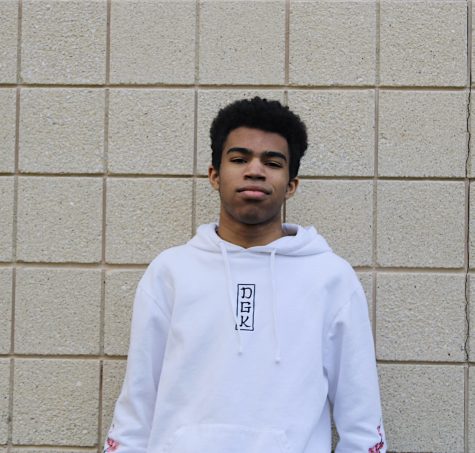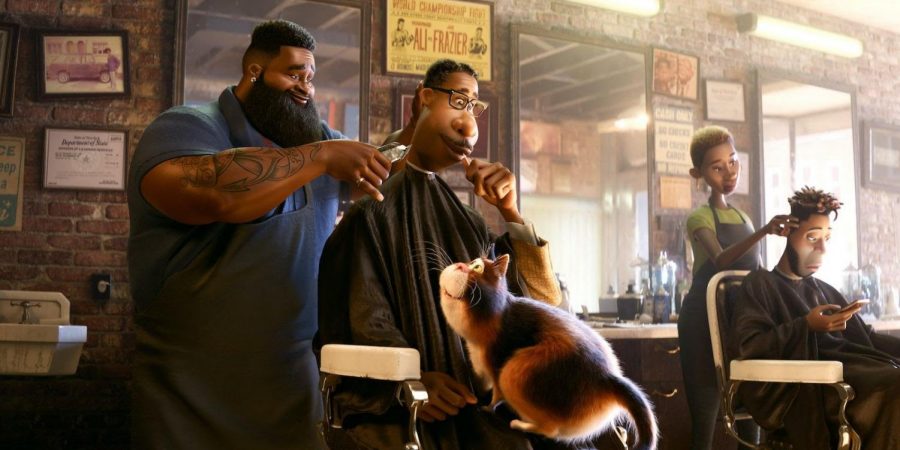The Hit and Miss of Diversity Representation
If white Hollywood ever decides to generously spare some airtime for its people of color, it is only to define us by our suffering. In recent years, a huge part of minority representation in media has been about bigotry, trauma, and tragedy.
And I get it, this type of story is necessary; the struggles many people face are rarely ever given heed by the unaffected, and entertainment is sometimes the easiest way to get a point across.
In 2021, however, we now have an overabundance of this type of media, to the point where if you go to the Black History or Pride Month sections of any streaming app, and the majority of the movies will be about racism or homophobia, transphobia, or some other form of social rejection.
So while Moonlight, The Hate U Give, and other stories continue to be important lessons for society, I hope that we can begin to celebrate stories with lighter themes where minority characters are allowed to be themselves without their identities being shoved into the spotlight at every turn.
As a child, I rarely ever saw people who looked like me on TV. Now, while I finally get to see a reflection of myself and my community on the big screen, I only see a reflection of the darkest bits: the struggle against a society that was built on racism.
As a member of the Black community, I do not want to see my people represented by a single concept, especially when it is far from the only thing that unifies us. Black culture encompasses much more than just the experience as a minority. Films and shows need to start letting their Black characters speak two lines without bringing up their race. Beyond that, media with a focus on black culture have a variety of themes they could express other than just racism.
While not many, there are some shows and films that fit the descriptions above. Coming To America and The Sister Act are two classics with black leads that come to mind, as well as more recent hits like Soul and Us (2019). It is in stories like these that minority casts can truly shine since neither the plot nor the audience is being forced to fixate on what makes them different.
Instead, we get to watch an average person in an abnormal situation, which is what makes stories so interesting. It is also difficult sometimes to watch and rewatch people like me go through traumatizing moments that relate to prejudice.
We should be celebrating cultures different from ours, rather than pointing out the bad stuff all the time. While I support the idea of representing the darker side of things from time to time, that can never be the whole of it. My hope is that in the coming years we can continue to make progress so that future youth can see their own reflection not only as an example of the struggles they face, but also the unique joy and culture that they experience as well.

Tristan is a senior and is excited to return for his second year as co-director of the Banner’s communications. Aside from managing the Banner’s instagram...


